We're loading the full news article for you. This includes the article content, images, author information, and related articles.
The Suba North MP has called for political decency, urging leaders to halt succession talk while the family of the late opposition doyen Raila Odinga mourns, amid intense speculation over the party's direction.

NAIROBI, Tuesday, November 18, 2025 (EAT) — Suba North Member of Parliament Millie Odhiambo on Tuesday urged political leaders to exercise restraint and allow the family of the late Orange Democratic Movement (ODM) leader Raila Odinga to mourn, cautioning that premature discussions about the party's future are “uncouth and uncultured.”
Her appeal comes amidst a rising tide of political maneuvering and public debate over the succession of one of Kenya's most dominant political figures, whose death on October 15, 2025, created a significant power vacuum in national opposition politics.
“It is exactly one month since Winnie lost her dad. It is uncouth and uncultured to attack her,” Odhiambo stated, referencing recent political disputes involving Odinga's daughter. She emphasized the need to respect the family's grieving period before engaging in what is expected to be a complex and potentially divisive leadership transition for the ODM party.
The death of Raila Odinga, a towering figure in Kenyan politics for over three decades, has plunged the ODM party and the broader Azimio la Umoja coalition into uncertainty. Odinga, who served as Prime Minister from 2008 to 2013 and contested the presidency five times, was the undisputed anchor of the party he founded in 2005. His leadership was instrumental in shaping Kenya's democratic journey, including the push for a new constitution in 2010.
In the wake of his passing, an emergency National Executive Committee (NEC) meeting appointed his elder brother, Dr. Oburu Oginga, as the acting party leader to ensure continuity. However, this has not quelled speculation about a long-term successor. The party is now grappling with defining its identity and future strategy, a challenge highlighted during its 20th-anniversary celebrations in Mombasa on November 15, 2025.
Several senior ODM figures are seen as potential candidates to steer the party. The leadership structure includes National Chairperson and Homa Bay Governor Gladys Wanga, alongside several deputy party leaders and a robust secretariat led by Secretary-General Edwin Sifuna.
The situation is complicated by the party's current working relationship with President William Ruto's Kenya Kwanza administration. Several top ODM officials, including former deputy party leaders Wycliffe Oparanya and Hassan Joho, as well as former Secretary for Political Affairs Opiyo Wandayi, accepted cabinet positions in 2024. This faction has argued for continuing the collaboration, stating it was Odinga's directive. Conversely, another camp, reportedly including Secretary-General Sifuna and Siaya Governor James Orengo, advocates for ODM to return to its traditional role as a formidable opposition force.
Millie Odhiambo, a staunch Odinga loyalist and the current National Assembly Minority Whip, has positioned herself as a defender of the family's dignity during this sensitive period. Her recent public statements have been aimed at cooling political temperatures and pushing back against leaders seen to be exploiting the mourning period for political gain.
The future direction of ODM is of national significance. As Kenya's largest opposition party for years and the anchor of the Azimio la Umoja coalition, its stability is crucial for a functioning multiparty democracy. A fractured ODM could weaken the opposition's ability to hold the government accountable and influence the political landscape ahead of the 2027 general elections.
Raila Odinga was not just a Kenyan leader but a respected figure across East Africa and the continent for his role in championing democratic reforms. The transition within his party will be closely watched by regional observers as a barometer of the health and evolution of opposition politics in East Africa.
As the nation waits for the Odinga family to conclude its mourning, the underlying political currents continue to shift. Odhiambo's call for patience underscores a deep-seated cultural respect for mourning traditions, clashing with the relentless pace of political reality. The decisions made by ODM's leadership in the coming months will undoubtedly reshape Kenya's political terrain for years to come.
Keep the conversation in one place—threads here stay linked to the story and in the forums.
Sign in to start a discussion
Start a conversation about this story and keep it linked here.
Other hot threads
E-sports and Gaming Community in Kenya
Active 9 months ago
The Role of Technology in Modern Agriculture (AgriTech)
Active 9 months ago
Popular Recreational Activities Across Counties
Active 9 months ago
Investing in Youth Sports Development Programs
Active 9 months ago
Key figures and persons of interest featured in this article
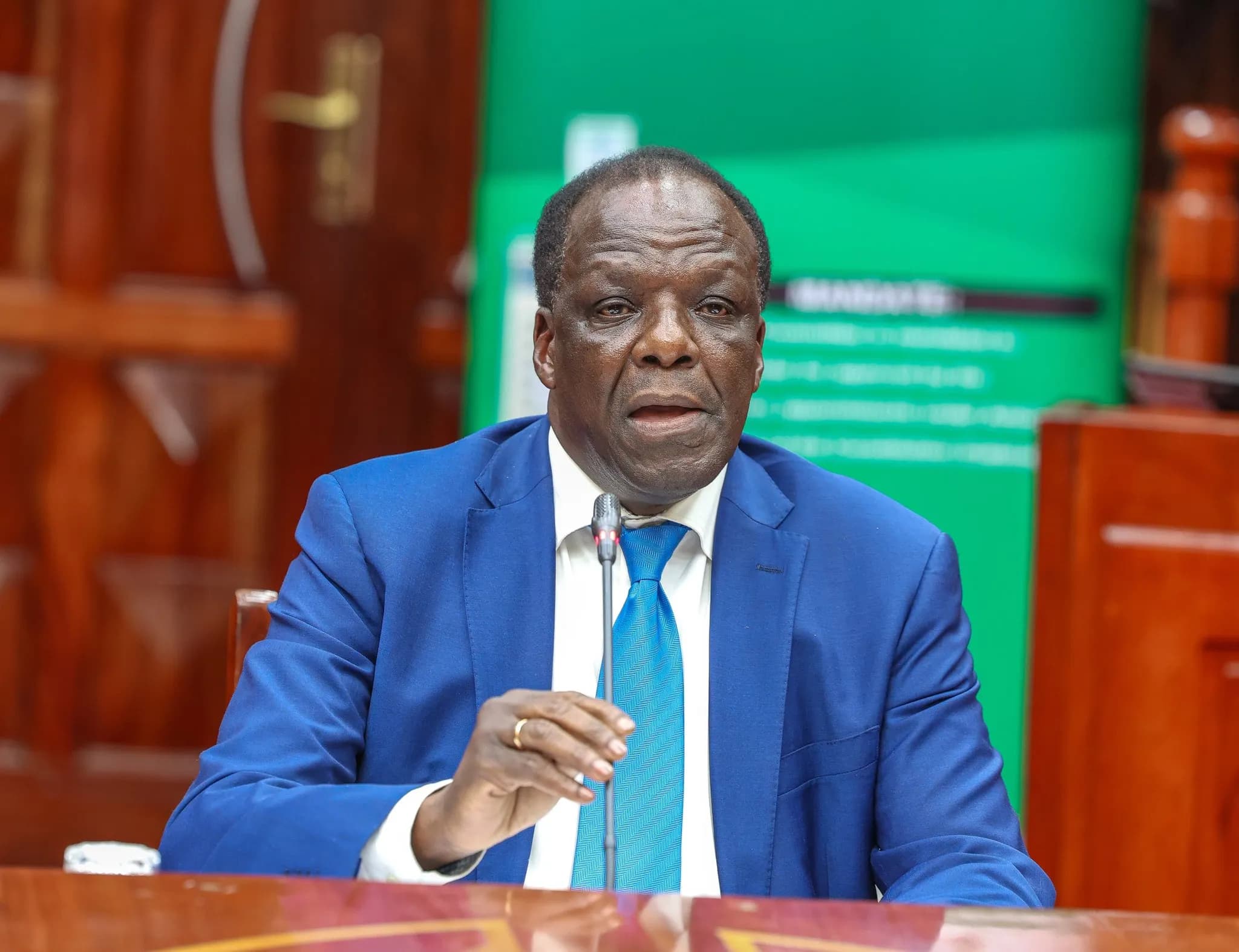
Cabinet Secretary for Cooperatives and MSME Development
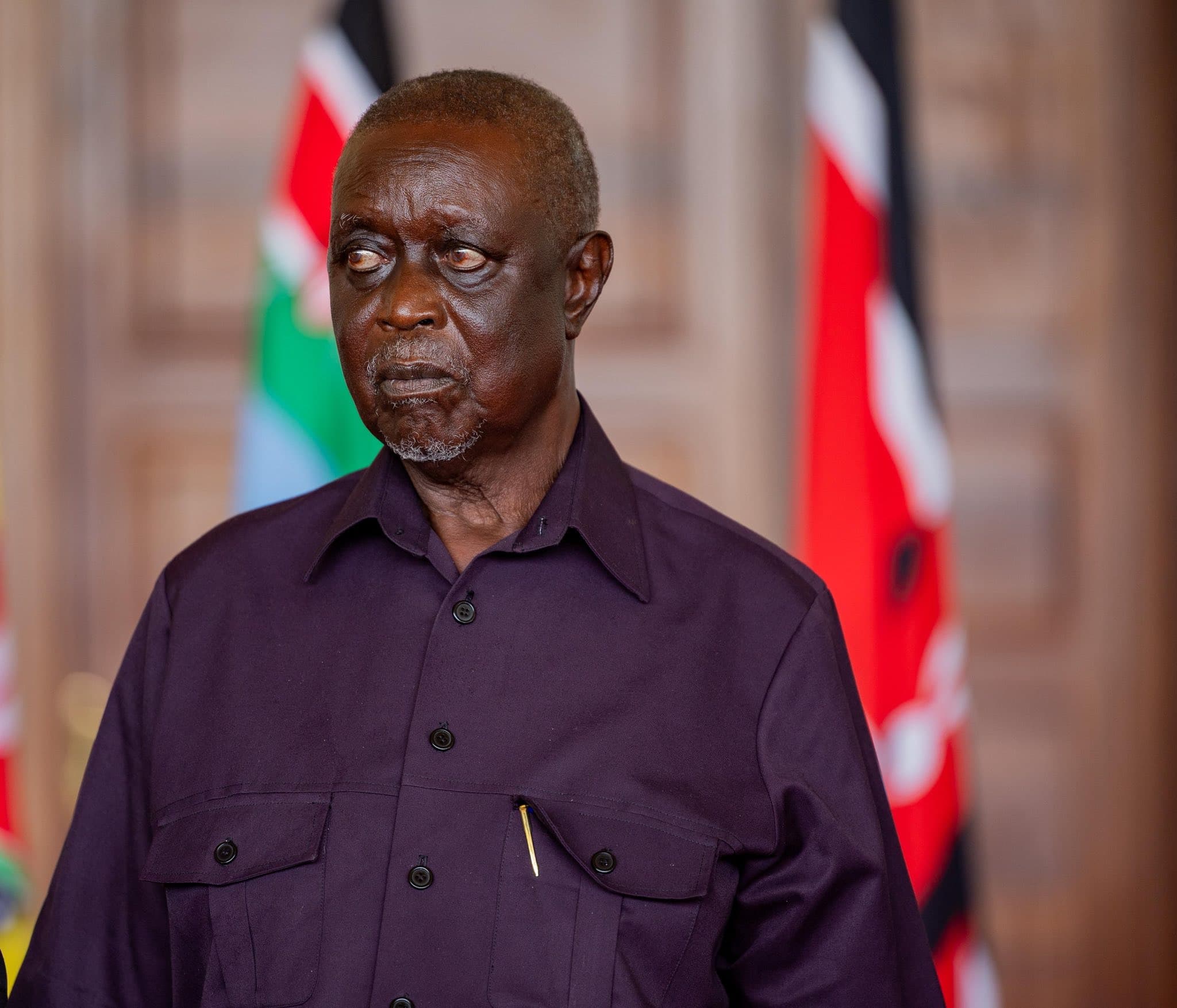
Senator for Siaya County
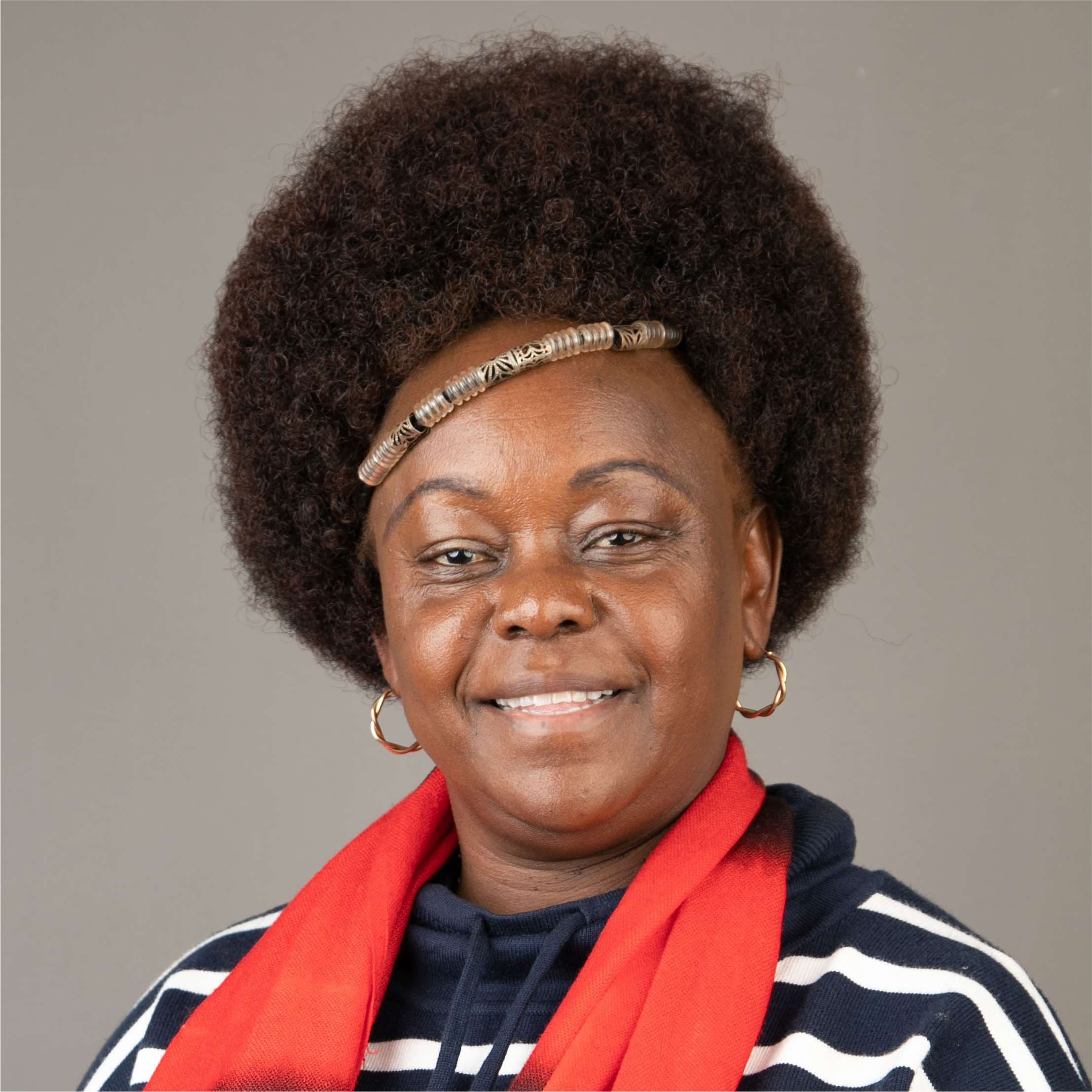
Member of Parliament, Suba North
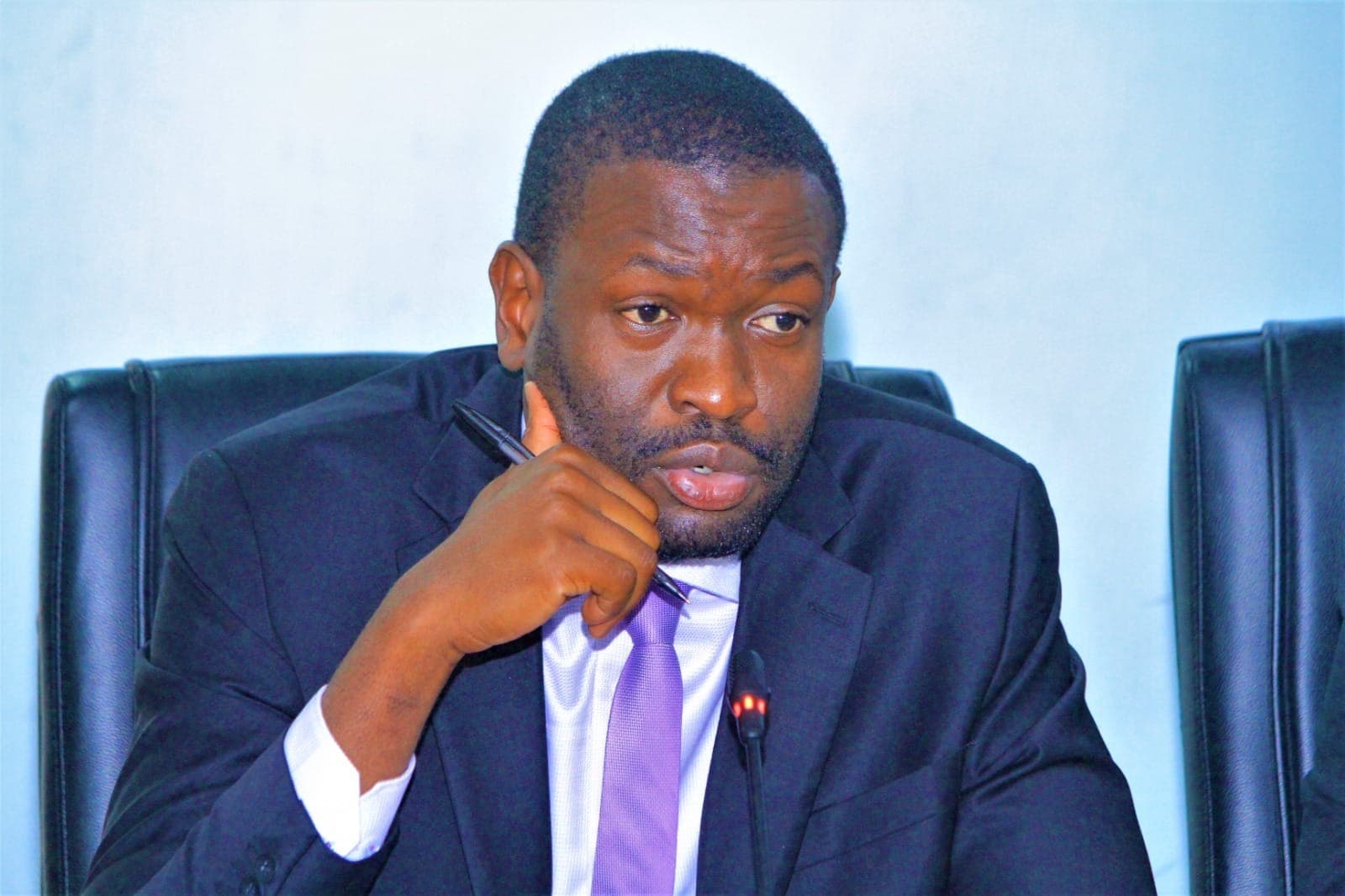
Senator for Nairobi County
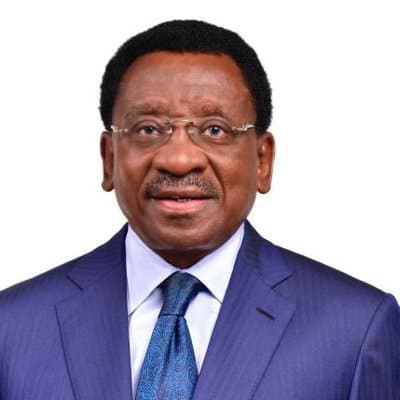
Governor of Siaya County
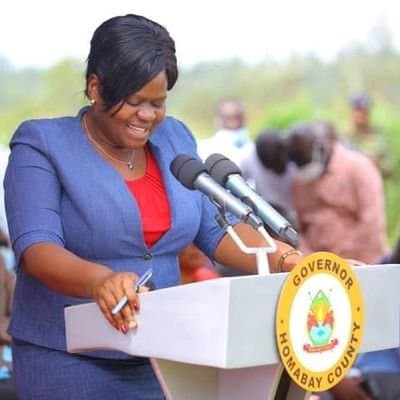
Governor of Homa Bay County
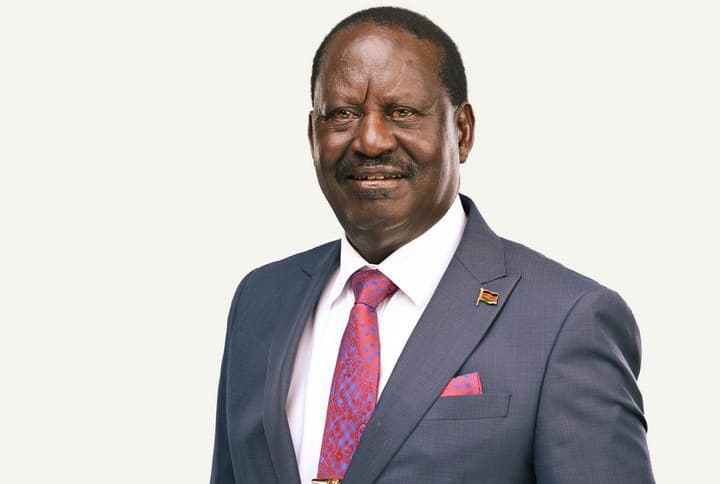
Leader of the Opposition
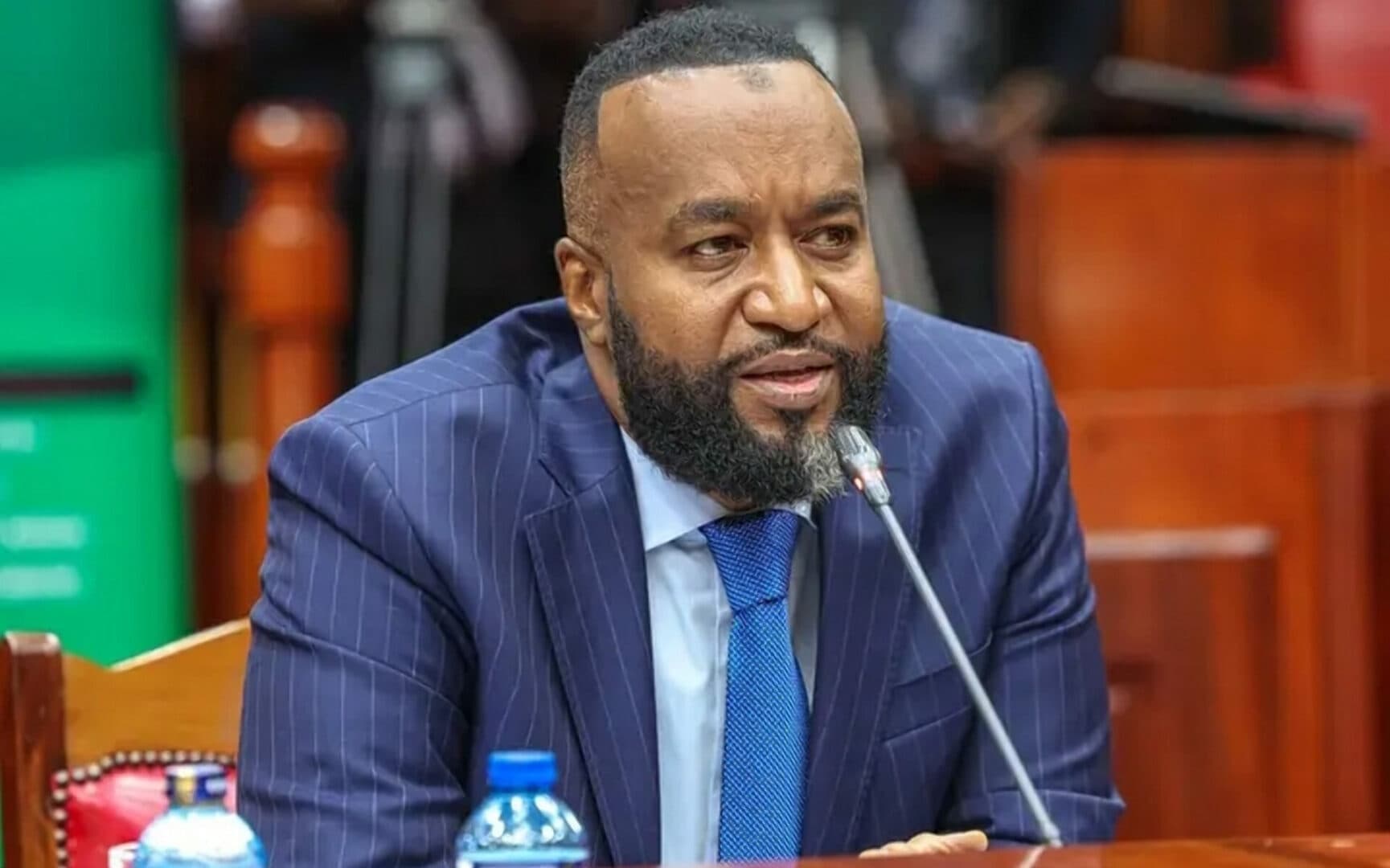
Cabinet Secretary for Mining, Blue Economy and Maritime Affairs